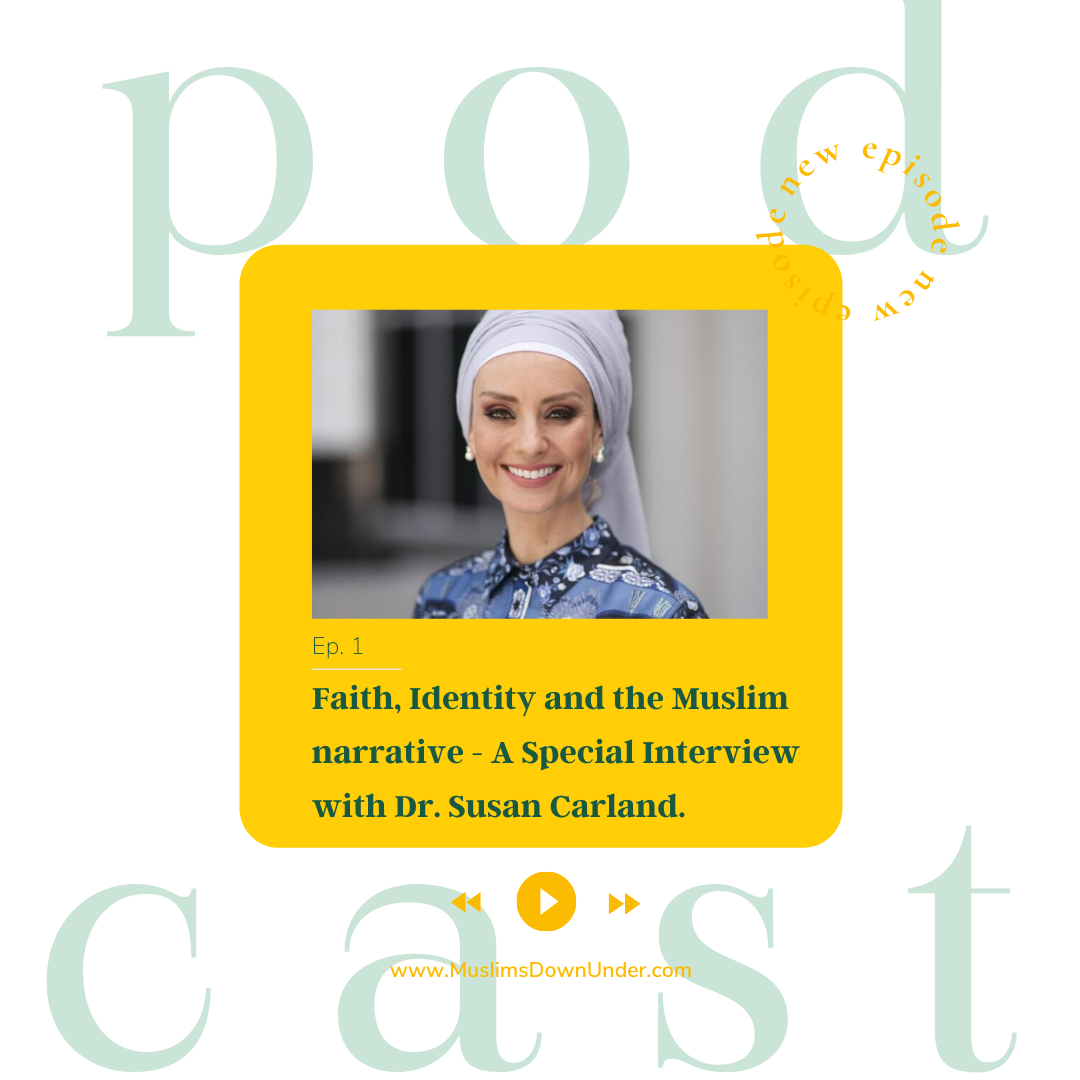As you grow older, your financial responsibility increases. You will start to earn more money. You will also begin to spend more money. You will always need money to survive so that you can pay for your living expenses. At the same time, we are human and have desires to own certain things. So, how do we manage our finances so we can do both?
According to a 2018 study conducted by UBank, 86% of the Australian population don’t know how much they are spending every month. The common reason given is that it is too difficult to calculate how much we really spend. On the other hand, for people who were aware of their financial situation, the study found that 59% of Australians admit their current financial situation caused them stress or loss of sleep.
To invest or not to invest? To have a budget or not? Loans? Credit Cards? Bitcoin? There is so much information out there that sometimes it becomes difficult to create a plan that works for you.
So, how can you manage your money?
Here are three points to consider as you progress in your own money management journey.
-
Saving your money – you can do it!
To learn how to save, it is important to assess your habits, and your values. A practical way to start saving is to become mindful that you’re not just doing things to please others, or to ‘fit in’. If you fall into this trap, saving will become difficult.
You will need to understand the difference between what you want versus what you need. Assess your priorities. And if it’s just something you want, is it something you can really afford to spend on? In a materialistic world, this is easier said than done.
Saving for a rainy day as well as saving separately for something that you need as opposed to something you want is much more beneficial in the long run. A laptop for example, which you need for work, studies as well as entertainment. Or for someone who leads an extremely busy life, a holiday may be more beneficial than a particular item. This of course is relative to the individual, and what you actually need and want is dependent on your personal circumstances and situations.
To start saving, it may help to see how you are spending. Check your statements or even download an app which tracks your spending. You would be surprised to see where your money is really going. That $4.50 coffee you have been having daily can really add up over the years! This is where you start to check your needs and wants. Start to look for alternatives. Could you make your own coffee? Do you need to have a coffee daily?
Saving is essential to build your long-term finances, and it is important to start saving early in life and often. Regardless of your age, you should save a percentage every time you receive money. Setting a savings goal helps you stay focused. It doesn’t matter how big or small your goal is, work out how much money you need and make a start. The everyday decisions you make about money can have a lifelong impact. Saving allows you the freedom and flexibility to fulfill your goals and helps you develop good personal finance habits.
Saving gives us financial freedom and security for emergency situations. A good rule of thumb is having at least 3 months of expenses as your savings as a minimum to have that financial security.
At the same time, hoarding wealth can become an unhealthy obsession, especially if it has no other purpose than to accumulate financial assets. Islam teaches us to have a balance in everything we do in life. That also includes financial management. Saving does not mean you cannot have things you desire. The key is, to do so in moderation.
Practical ways to manage your money and start saving can include things like cutting down to buying a coffee perhaps twice a week only, instead of every day.
-
Spending your money – it is only natural!
There is no doubt spending is easier than saving. These days consumers are increasingly spending money they don’t actually have. There is quick and easy access to credit cards or services such as ‘AfterPay’ where people are continuously putting themselves into financial debt.
This is where you need to check your spending habits and understand the importance of evaluating your needs versus your wants. Otherwise, you could fall into a never ending debt cycle.
The most important concept to understand is having an amount you can spend guilt free after accounting all your routine expenses, putting away for your savings and giving to charity. This is the key point to remember as it will allow you to not fall into the trap of accumulating unnecessary debt.
A 2019 survey conducted by Canstar, found that 26% of Australians have admitted they are living beyond their means, with another 8% unsure. It is great to see that the vast majority of Australians believe they are living within their means. This is exactly the moral teaching we emphasise which is grounded in our Islamic principle of simplicity and moderation. Living within your means requires you to become mindful of your spending. The first step is confronting yourself about your spending. Question yourself – are you living within your means?
In the modern era, a level of debt to finance temporary shortage is unavoidable especially in this society. But, being responsible requires that you pay back these loans as soon as you start earning or only put money on a credit card that you can actually afford to pay each month. So, spending isn’t bad. Thinking otherwise, would be impractical. We live in a world where we need money, and we need to spend that money to live and thrive.
It is always better to spend less than what you make. This will ensure you have money at the end of the month to either pay off a debt or to increase your savings or to even give back to charity.
-
Should giving charity be part of your money management plan?
Charity and financial management are not often talked about in the same sentence. After all, wouldn’t you be ‘losing’ money if you gave back to charity.
Charity is considered a form of investment in Islam (a good deed which compounds over time in terms of its blessings that are directly related to generations of beneficiaries). Zakat takes the form of a prescribed contribution based on a person’s idle wealth, and the proceeds are devoted towards relieving poverty and distress, helping those in debt, and contributing towards things that are beneficial for the society. Prophet Muhammad (peace be upon him) states:
“The upper hand is better than the lower hand. The upper hand is one that gives and the lower hand is one that takes.” (Sahih Al-Bukhari)
Charity is meant to be done for public benefit, relief and to provide assistance to people, giving people a sense of belonging and community spirit. You can see the importance of charity and how it helps people in need through major catastrophic weather events that Australia witnessed in recent times such as floods or bushfires.
So, if it doesn’t increase your wealth, why should you include charity in your financial management plan?
Most people don’t realise that by giving, even small amounts, you will begin to feel healthier and happier. Many of us have adopted a consumerist mentality that pushes us to always want more. You will rarely ever feel like you have everything you want or that you have enough money. If you keep putting off charitable giving until tomorrow, you might wake up in ten years time and realise you’re still waiting!
If you think money can’t buy happiness, you’re not spending it right. You need to stop thinking about which product to buy for yourselves, and try giving some of it to other people instead!
Giving to others and using what you have been blessed with to help support others has a big impact on your mental health and wellbeing as well. You may recognise the expression “it’s better to give than to receive”, but did you know this is backed up by research? Being generous and kind towards others has proven emotional and psychological benefits (1,2). There is also evidence to suggest that when we help others, it can promote changes in the brain that are linked with happiness (2).
How will you manage your money?
If you get into the habit of sectioning your income into dedicated amounts for savings, spending and charity it makes it easy to establish a good way to manage financial routines. Once you’ve given to these three aspects, what is left could be guilt-free spending such as a well deserved coffee. This can be considered a realistic and practical way of managing money.
So, start today – evaluate your habits. Make a plan, and assess how you’re spending, how you’re saving and learn how to better manage your money. Ultimately, maintaining balance in all things including money management is fundamental!



